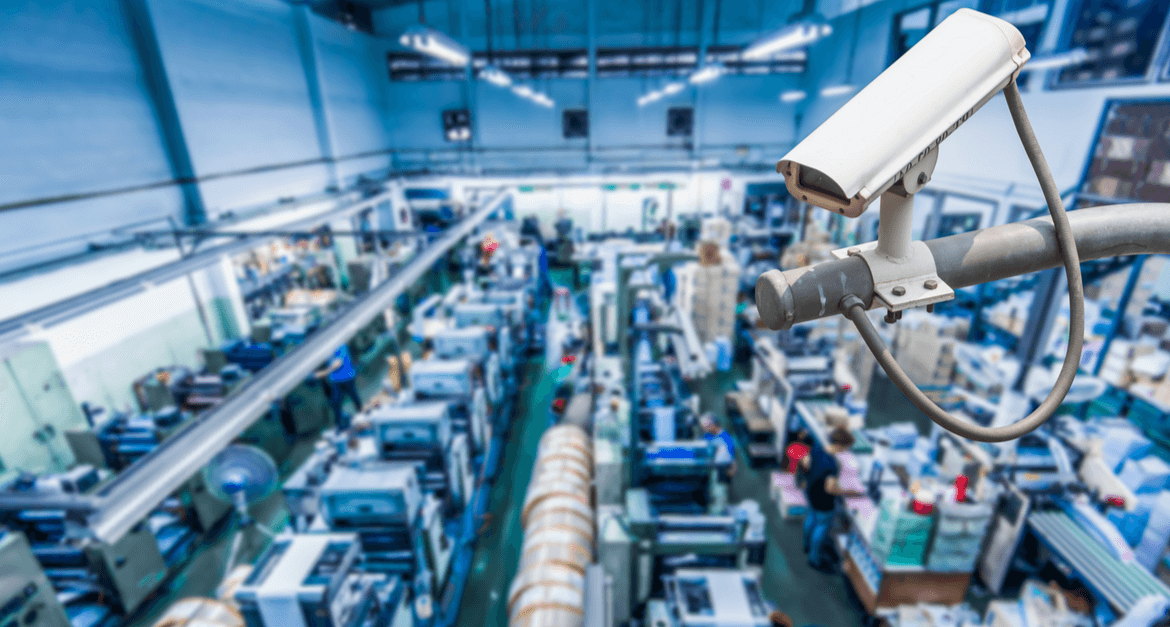In the manufacturing sector, security is more than just preventing theft or unauthorized access—it’s about safeguarding critical operations, protecting intellectual property, and ensuring the safety of employees. For many companies, managing security in-house can be costly, time-consuming, and inefficient. This is where outsourcing commercial security becomes a smart business decision. Here’s why manufacturing companies should consider outsourcing their security needs.
Expertise and Advanced Technology
Commercial security has evolved far beyond simple alarm systems and cameras. Today’s security solutions involve advanced technology, such as biometric access control, AI-powered surveillance, and real-time monitoring. For manufacturing companies to implement and manage these systems effectively, they would need a dedicated team of security professionals with deep knowledge of the latest technologies and industry standards.
Outsourcing security to a specialized provider allows manufacturers to tap into that expertise without the burden of building and training an in-house team. Security providers stay up-to-date on the latest trends and technologies, ensuring your company benefits from the most advanced and effective solutions available.
Cost-Effective Solutions
Maintaining an in-house security team is expensive. Costs include not only salaries and benefits but also ongoing training, equipment upgrades, and technology investments. Additionally, the expense of managing incidents or system failures can quickly add up. Outsourcing commercial security allows manufacturing companies to avoid these high costs while still benefiting from top-tier services.
Outsourced security providers typically offer scalable solutions that can be tailored to fit a company’s specific needs and budget. This means manufacturers pay only for the services they need, whether it’s 24/7 monitoring, access control, or specialized security for sensitive areas like research and development labs.
Improved Focus on Core Operations
Manufacturing companies face enough challenges managing production lines, logistics, supply chains, and personnel. Adding security management to the mix can dilute focus and pull resources away from core business functions. Outsourcing security allows companies to focus on what they do best—manufacturing—while leaving the critical task of securing the premises and assets to experts.
This also ensures that security protocols are maintained consistently without distractions or divided attention. With a dedicated security team handling everything from monitoring to system maintenance, manufacturing companies can run more efficiently and avoid potential security breaches that could disrupt operations.
“Outsourcing security isn’t just a cost-saving move—it’s a strategic advantage that keeps manufacturing companies focused on growth while experts safeguard their operations.”
4. Quick Response and Monitoring
A significant advantage of outsourcing commercial security is accessing 24/7 monitoring and rapid response services. Manufacturing facilities often operate around the clock and need continuous protection to mitigate risks like unauthorized access, equipment theft, or workplace accidents. Security providers offer real-time monitoring and can respond quickly to any alerts, minimizing damage or downtime.
Outsourced security services are often equipped with advanced technology, such as remote monitoring systems and AI-driven threat detection, allowing them to respond to incidents faster and more effectively than an in-house team.
Conclusion
Outsourcing commercial security is an innovative, cost-effective strategy for manufacturing companies looking to protect their assets and ensure the safety of their operations. By leveraging the expertise of security professionals, manufacturers can stay ahead of emerging threats, reduce costs, and focus on their core business functions. With 24/7 monitoring, advanced technology, and quick response capabilities, outsourced security services provide peace of mind, knowing your business is always protected.



